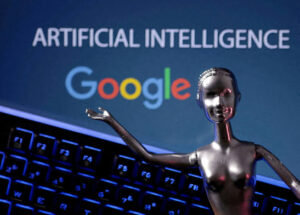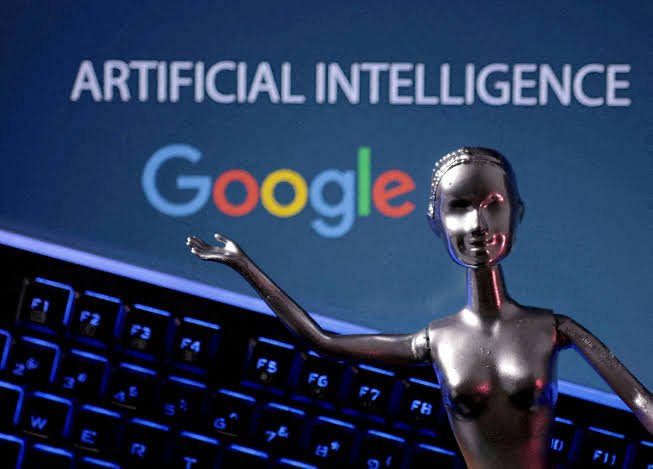Google has launched an upgraded version of its AI image creation tool, Imagen 3, in the United States. This new tool is now available through Google’s AI Test Kitchen platform and promises to create higher-quality images than its predecessors.

Imagen 3 allows users to type in text descriptions, and the tool will create images based on these prompts. The tool also allows for editing by highlighting specific parts of an image and describing desired changes.
The new version of Imagen 3 has several key features, including better image detail, improved lighting effects, and fewer visual flaws. Google has also implemented some restrictions to prevent misuse, such as refusing to generate images of public figures, weapons, and copyrighted characters.
However, users have found ways to work around some of these limitations. For example, characters similar to Sonic the Hedgehog and Mario can be created by describing their features, and some corporate logos can be generated.
Imagen 3’s approach differs from less restricted tools like Grok on Elon Musk’s X platform, which has been used to create more controversial content. Google has faced issues with AI image generation before, stopping allowing image creation through their Gemini AI chatbot due to historical inaccuracies in the images produced.
Early users on platforms like Reddit have been experimenting with Imagen 3 since its release, exploring its capabilities and limitations. The release of Imagen 3 represents another step in the rapidly evolving field of AI-generated imagery.
As AI image generation technology continues to advance, we can expect ongoing discussions about ethical use, copyright and intellectual property concerns, and balancing creativity with responsible AI development. Google’s approach with Imagen 3 seems to aim for a middle ground, offering powerful creative capabilities while attempting to prevent obvious misuse.
The development of Imagen 3 highlights the ongoing race in AI technology among major tech companies. Each is striving to create more sophisticated, user-friendly, and responsible AI tools. As these technologies become more accessible to the general public, they have the potential to transform various industries, from graphic design to entertainment and beyond.




